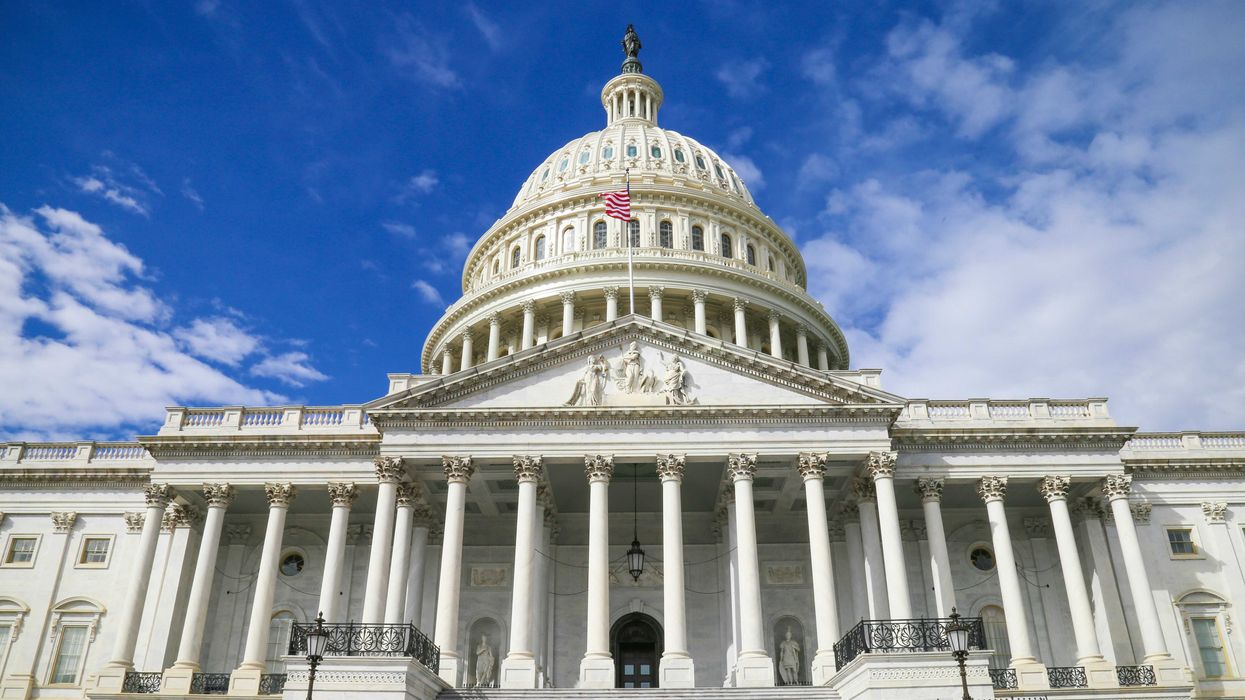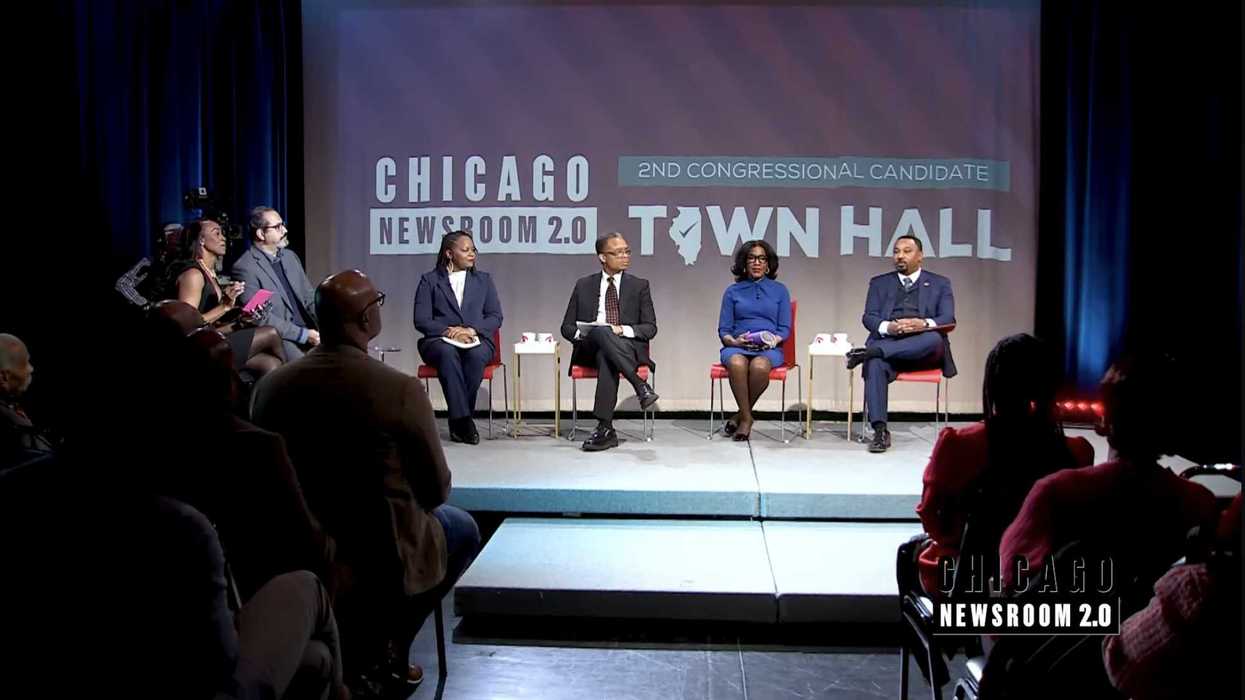Trust in elections is fragile – and once lost, it is extraordinarily difficult to rebuild. While Democrats and Republicans disagree on many election policies, there is broad bipartisan agreement on one point: executive branch interference in elections undermines the constitutional authority of states and Congress to determine how elections are run.
Recent executive branch actions threaten to upend this constitutional balance, and Congress must act before it’s too late. To be clear – this is not just about the current president. Keeping the executive branch out of elections is a crucial safeguard against power grabs by any future president, Democrat or Republican.
The Constitution is clear: Congress and states make the rules for federal elections, not presidents. Article 1, Section 4, the “Elections Clause,” gives states primary responsibility for administering elections and Congress the authority to “make or alter” those rules. The framers intentionally excluded the executive branch from this power, because they knew the grave risks of letting the president decide the rules of the game. Their foresight has protected our republic from the kinds of authoritarian power grabs that have undermined democracies around the world.
That safeguard is now being tested.
In March 2025, President Trump issued a sweeping executive order directing federal agencies and state and local election officials to make extensive changes to election rules, including those governing voting equipment, voter registration, mail-in voting, and federal government access to data. The Department of Justice has also pressured states to turn over sensitive voter information and grant access to election systems. Most recently, the president has threatened a second executive order that would, among other things, eliminate mail-in voting and ban “voting machines” altogether.
Trump isn’t the first president to test the boundaries of the Elections Clause. Republicans criticized former President Biden’s 2021 executive order that directed federal agencies to facilitate voter registration and voter education in accordance with the National Voter Registration Act. Without congressional guardrails, future presidents of either party will be tempted to go even further.
Elections run best when states are in charge. State officials are accountable directly to voters, communities, and legislatures – not to whoever controls the White House. Executive branch interference undermines that accountability, creates confusion for voters and candidates, and can place nearly impossible burdens and unfunded mandates on state and local election officials.
The consequences go beyond public trust. If presidents can unilaterally tilt the rules to favor themselves, the fairness of elections collapses – and so does confidence in democracy itself.
If Congress fails to defend its constitutional role, presidents of both parties will continue to push the limits. There is a straight-forward solution to this. Issue One’s We the People Playbook calls for Congress to pass legislation that: (1) reaffirms Congress’ exclusive authority over federal election rules; and (2) nullifies unilateral executive orders that attempt to change how elections are run.
Voters agree. A recent Issue One and YouGov poll found that a majority (51%) oppose presidents changing how states run elections by executive order, with only 35% supporting it.
The Constitution created checks and balances for a reason: to prevent any one branch – or any one person – from controlling the machinery of democracy. To safeguard elections in 2026 and beyond, Congress must reclaim its constitutional authority now, before this or any future president pushes the boundaries further.
Voters have an important role to play as well. They should demand that their representatives defend and protect the Elections Clause, resist executive overreach, no matter which party holds the White House, and keep authority over elections where it belongs: with the states and Congress. Because America’s democracy works best when no president — Republican or Democrat — can rewrite the rules of the game.
Michael McNulty is Policy Director at Issue One, advancing bipartisan policy solutions by providing expert analysis, building strategic relationships, and supporting advocacy and legislative efforts through research and policy development. McNulty previously served as a senior elections advisor in the U.S. Agency for International Development (USAID), where he led the development of tools to support democratic elections, spearheaded global democracy initiatives, and shaped election-related programs and policy responses across Africa, Asia, Eastern Europe, Eurasia, and Latin America.






















 Mayor Ravi Bhalla. Photo courtesy of the City of Hoboken
Mayor Ravi Bhalla. Photo courtesy of the City of Hoboken Washington Street rain garden. Photo courtesy of the City of Hoboken
Washington Street rain garden. Photo courtesy of the City of Hoboken